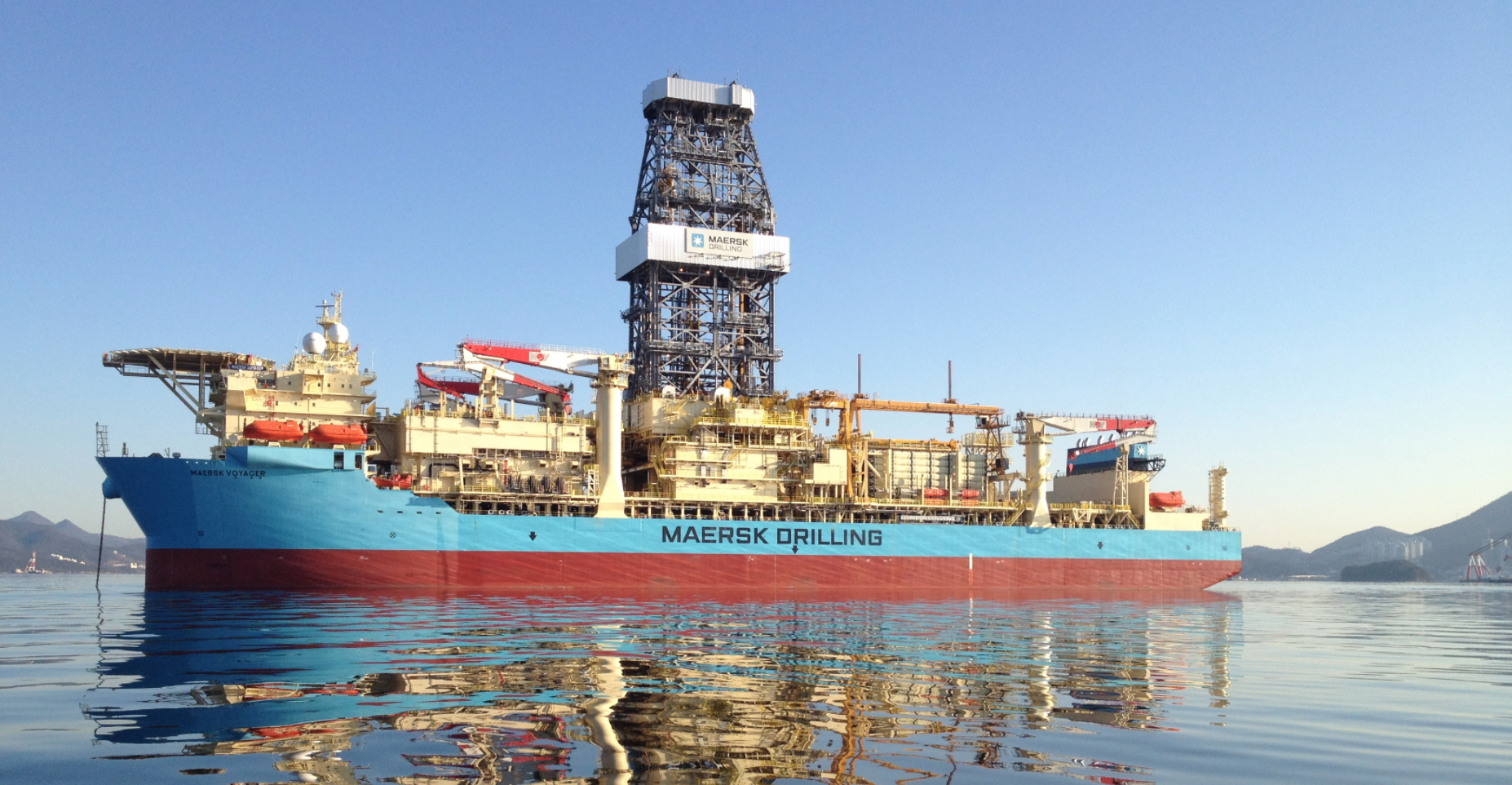TotalEnergies, who has a 40% operated interest in block 2913b within Petroleum Exploration Licence (PEL) 56, has confirmed that it has made a major light oil discovery at the Venus-1X well. The discovery was also officially confirmed this morning by its co-venturers Impact Oil & Gas and Namibia’s state-owned oil company NAMCOR.
Venus was one of the most anticipated well in the world last year and was spudded in December 2021. Rumours have been circulating for a week now that a massive discovery has been made, with a potential find of well over 1 billion barrels of oil equivalent.
While no official confirmation has been given yet on the size of the discovery, Impact Oil & Gas has announced that the find contains light oil and associated gas and constitutes a world-class discovery that exceeded pre-drill expectations.
““A comprehensive coring and logging program has been completed and will enable the preparation of appraisal operations designed to assess the commerciality of this discovery,” said Kevin McLachlan, Senior Vice President Exploration at TotalEnergies.
The discovery lies in the deep-waters of the Orange Basin in southern Namibia, where Shell also announced this month an oil discovery at the Graff-1 well on PEL 39.
“The Venus well was drilled to a total depth of 6,296 metres by the Maersk Voyager drillship, and encountered a high-quality, light oil-bearing sandstone reservoir of Lower Cretaceous age, with 84 metres of net oil pay,” Impact Oil & Gas said.
Block 2913b is operated by TotalEnergies EP Namibia B.V (40%) along with its partners QatarEnergy (30%), Impact Oil and Gas Namibia (20%), and Namcor (10%). Details on the block are available in the Hawilti+ research terminal.

